Biotin Deficiency: How To Get Rid Of It – Causes & Treatment
Biotin Deficiency: How To Get Rid Of It – Here’s your guide to spotting the symptoms and fixing the problem. Read this article now for simple, effective solutions!
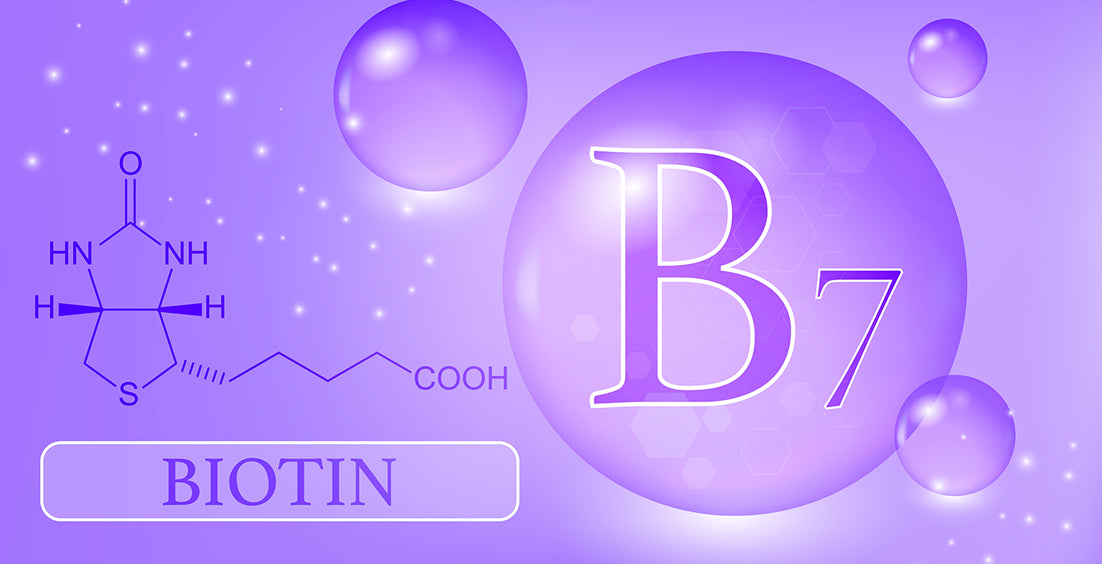
Table of contents
Biotin, often referred to as vitamin B7, is a crucial nutrient that plays a vital role in our body. It helps convert food into energy and supports the health of our skin, hair, eyes, liver, and nervous system.
Unfortunately, a biotin deficiency can lead to various health issues, some of which can be quite distressing. If you're concerned about biotin deficiency, you're not alone.
Many people wonder, how do you know if you have a biotin deficiency? This article will explore the symptoms, causes, and solutions to help you understand and address this deficiency.
Understanding Biotin Deficiency
Biotin deficiency is rare but can occur in certain circumstances. This deficiency is often caused by inadequate intake of biotin-rich foods, long-term use of certain medications, or underlying health conditions that interfere with biotin absorption. When the body lacks biotin, it can't function as efficiently, leading to a range of symptoms that affect both physical and mental health.
Symptoms of Biotin Deficiency
You might be wondering, how do you know if you have a biotin deficiency? The symptoms of biotin deficiency can vary, but some common signs include:
- Hair Loss: One of the most noticeable symptoms of biotin deficiency and hair loss often go hand in hand. You may experience thinning hair, hair breakage, or even hair falling out in clumps.
- Skin Issues: A biotin deficiency face rash is another common symptom. This can manifest as red, scaly rashes around the eyes, nose, and mouth, and can sometimes be confused with other skin conditions.
- Neurological Symptoms: Biotin is essential for the nervous system. Biotin deficiency neurological symptoms can include depression, lethargy, hallucinations, and numbness or tingling in the hands and feet.
- Brittle Nails: Nails may become brittle, thin, and prone to splitting.
- Fatigue: A general feeling of tiredness and lack of energy can also indicate a biotin deficiency.
- Muscle Pain: Some people experience muscle pain or cramps due to low biotin levels.
Causes of Biotin Deficiency
Understanding what causes biotin deficiency is crucial to addressing it effectively. Here are some common causes:
- Dietary Deficiency: Not consuming enough biotin-rich foods, such as eggs, nuts, seeds, and certain vegetables, can lead to a deficiency.
- Genetic Disorders: Some rare genetic disorders can impair biotin metabolism, leading to a condition known as biotin deficiency disease.
- Medication: Long-term use of certain medications, like antibiotics or anti-seizure drugs, can deplete biotin levels in the body.
- Digestive Disorders: Conditions like Crohn's disease or leaky gut syndrome can interfere with the absorption of biotin from the digestive tract.
- Pregnancy: Pregnant women are at a higher risk of developing biotin deficiency due to increased nutritional needs. But, How much biotin should a women take daily to overcome this is a significant question?
How to Diagnose Biotin Deficiency?
 How do you know if you have a biotin deficiency
How do you know if you have a biotin deficiency
If you're experiencing symptoms like biotin deficiency and hair loss or biotin deficiency neurological symptoms, it's important to consult a healthcare professional. A doctor can diagnose biotin deficiency through blood tests that measure the level of biotin in your body. They may also consider your medical history, diet, and any medications you’re taking.
How to Treat Biotin Deficiency?
The good news is that biotin deficiency is treatable, especially when caught early. Here are some steps you can take to address this condition:
Increase Biotin Intake- Incorporate biotin-rich foods into your diet. Foods like eggs, almonds, sweet potatoes, spinach, and mushrooms are excellent sources of biotin.
- Consider biotin supplements if dietary changes are not enough. However, it's crucial to consult with a healthcare provider before starting any supplement regimen.
- If a digestive disorder or medication is causing your biotin deficiency, work with your healthcare provider to manage the underlying issue.
- For genetic conditions, special treatments or lifelong biotin supplementation may be necessary.
- Maintain a balanced diet that includes a variety of nutrients to support overall health.
- Avoid overuse of antibiotics and other medications that can interfere with biotin absorption unless absolutely necessary.
- Once treatment begins, regular monitoring of your biotin levels and symptoms is essential. This will help ensure that your treatment plan is effective and that your biotin levels are returning to normal.
Preventing Biotin Deficiency
Prevention is always better than cure. To avoid biotin deficiency, consider the following tips:
- Balanced Diet: Eating a varied diet rich in biotin and other essential nutrients can help prevent deficiency.
- Avoid Raw Eggs: Raw egg whites contain avidin, a protein that can bind to biotin and prevent its absorption. Cooking eggs destroys avidin, making them safe to eat.
- Supplements: If you are at risk of deficiency due to pregnancy, medication, or other factors, speak to your doctor about whether a biotin supplement is right for you.
Dr. Laura Geigaite
Dr. Laura Geigaite, MD, an accomplished Cosmetic Dermatologist, states that biotin supplementation can reverse symptoms such as hair loss, brittle nails, and skin rashes. However, it’s important to be consistent and patient, as noticeable improvements often take several weeks. In my practice, I emphasize that while supplements help, a holistic approach combining nutrition and self-care is equally important.
Conclusion
Biotin is a vital nutrient that supports many aspects of health, including skin, hair, and neurological function. Recognizing the signs of biotin deficiency disease, such as biotin deficiency face rash or biotin deficiency neurological symptoms, is the first step towards addressing the problem. By understanding how do you know if you have a biotin deficiency and taking the necessary steps to treat and prevent it, you can maintain optimal health and well-being.
About WOWMD Staff
The WOWMD Staff category features a diverse team of writers, each bringing specialized knowledge in areas such as nutrition, fitness, wellness, and more. Articles in this category benefit from insights provided by multiple experts. All content is peer-reviewed and regularly updated to ensure compliance with our editorial standards.
References
- Biotin: Physiology, Dietary Sources, and Requirements - https://www.sciencedirect.com/topics/food-science/biotin
- Biotin - https://www.ncbi.nlm.nih.gov/books/NBK554493/
- The Role of Vitamins and Minerals in Hair Loss: A Review - https://www.ncbi.nlm.nih.gov/pmc/articles/PMC6380979/
- Biotin Deficiency - https://www.ncbi.nlm.nih.gov/books/NBK547751/
- Pathogenesis, Clinical Signs and Treatment Recommendations in Brittle Nails: A Review - https://www.ncbi.nlm.nih.gov/pmc/articles/PMC6994568/
- Biotin. - https://www.sciencedirect.com/topics/biochemistry-genetics-and-molecular-biology/biotin
Evidence Based Research
This WOWMD content has been reviewed, as well as checked for facts, so as to guarantee the best possible accuracy.
We follow a strict editorial policy, especially related to the sources we use. Our articles are resourced from reputable online pages, with research drawn from academic institutions and peer-reviewed studies. You can click on the numbers in the parentheses (1, 2, etc.) and check out those references.
The feedback form on this page can be used to report content that is not accurate, up-to-date or questionable in any manner.
We do NOT intend for the information presented through our articles to replace the medical relationship with a qualified physician, nor does it represent specialized advice.
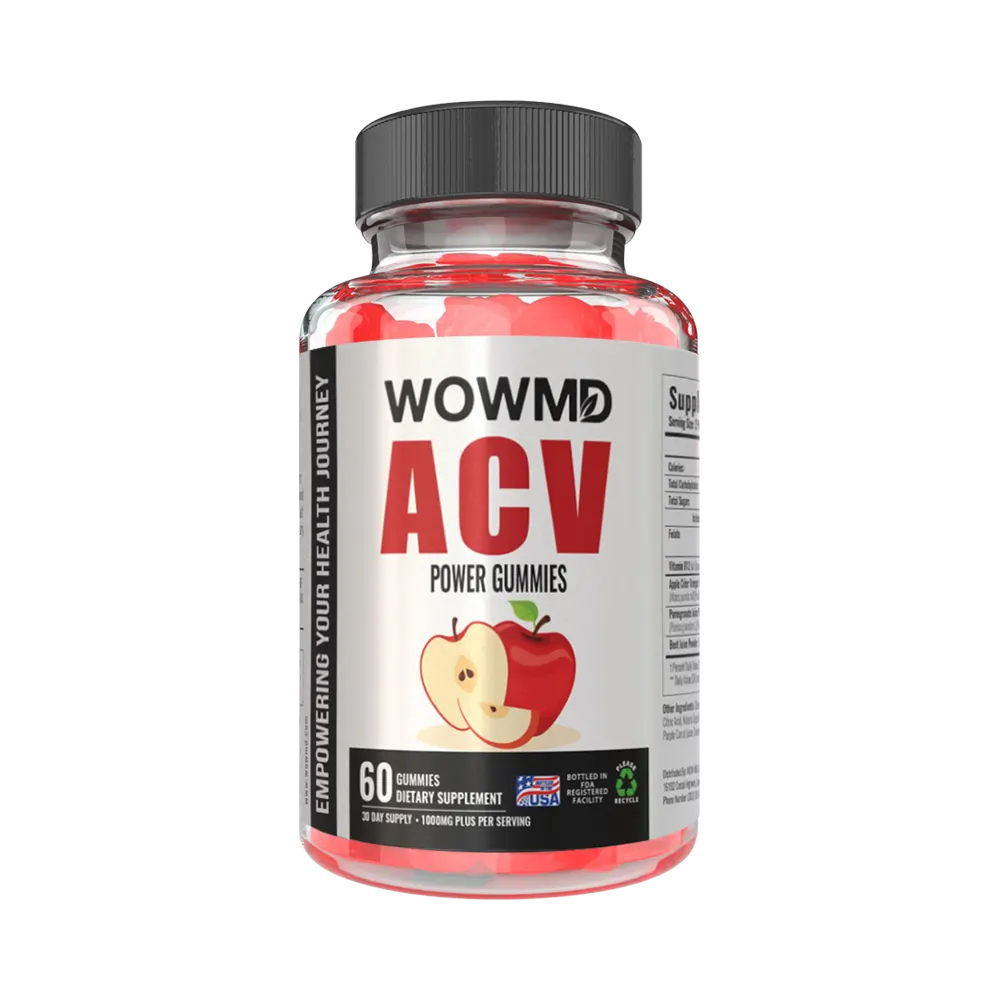
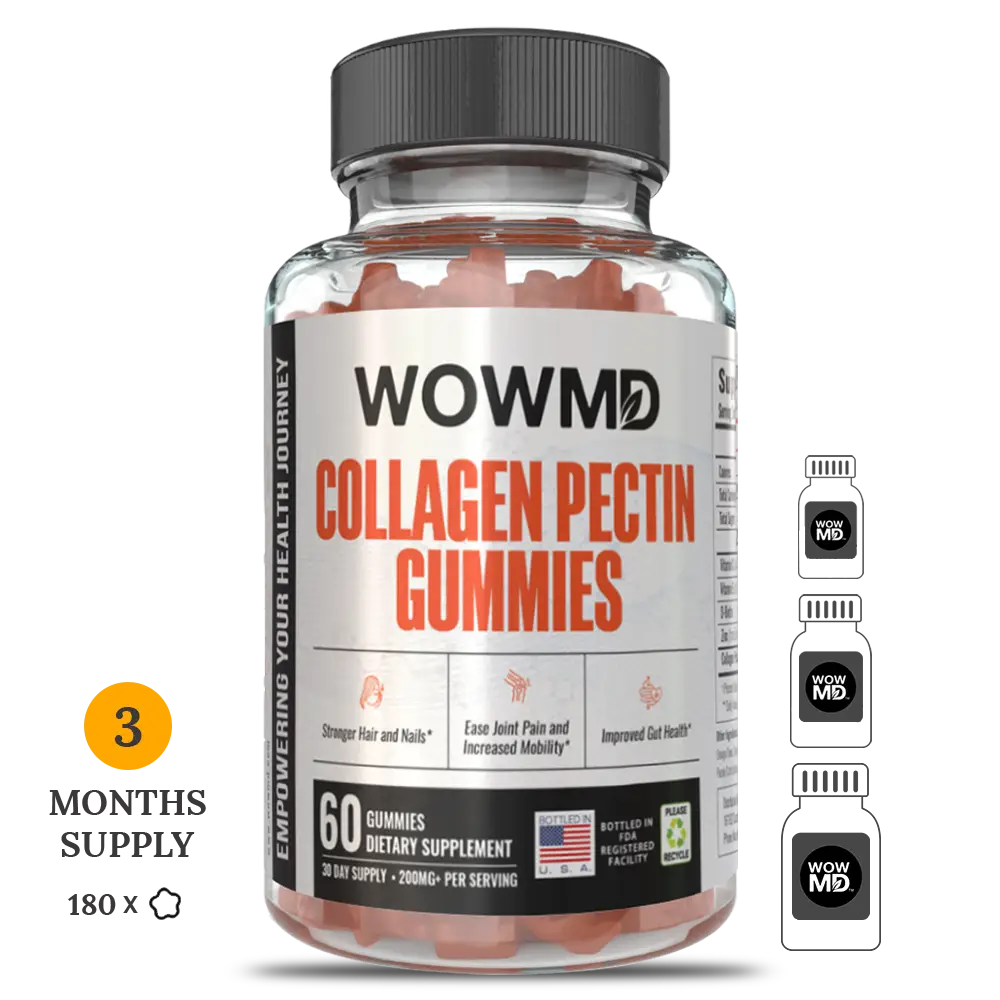
 Skin Detoxification Bundle
Skin Detoxification Bundle Complete Weight Loss Bundle
Complete Weight Loss Bundle Heart Care Bundle
Heart Care Bundle Better Immunity Bundle
Better Immunity Bundle  Men's Immunity & Prostate Health Bundle
Men's Immunity & Prostate Health Bundle Stress + Energy + Wellness Combo
Stress + Energy + Wellness Combo  Energy Booster Combo
Energy Booster Combo Natural Skin Care Bundle
Natural Skin Care Bundle Workout Supplements Combo
Workout Supplements Combo Cognitive Health & Vision Combo
Cognitive Health & Vision Combo Joint Health Support Combo
Joint Health Support Combo
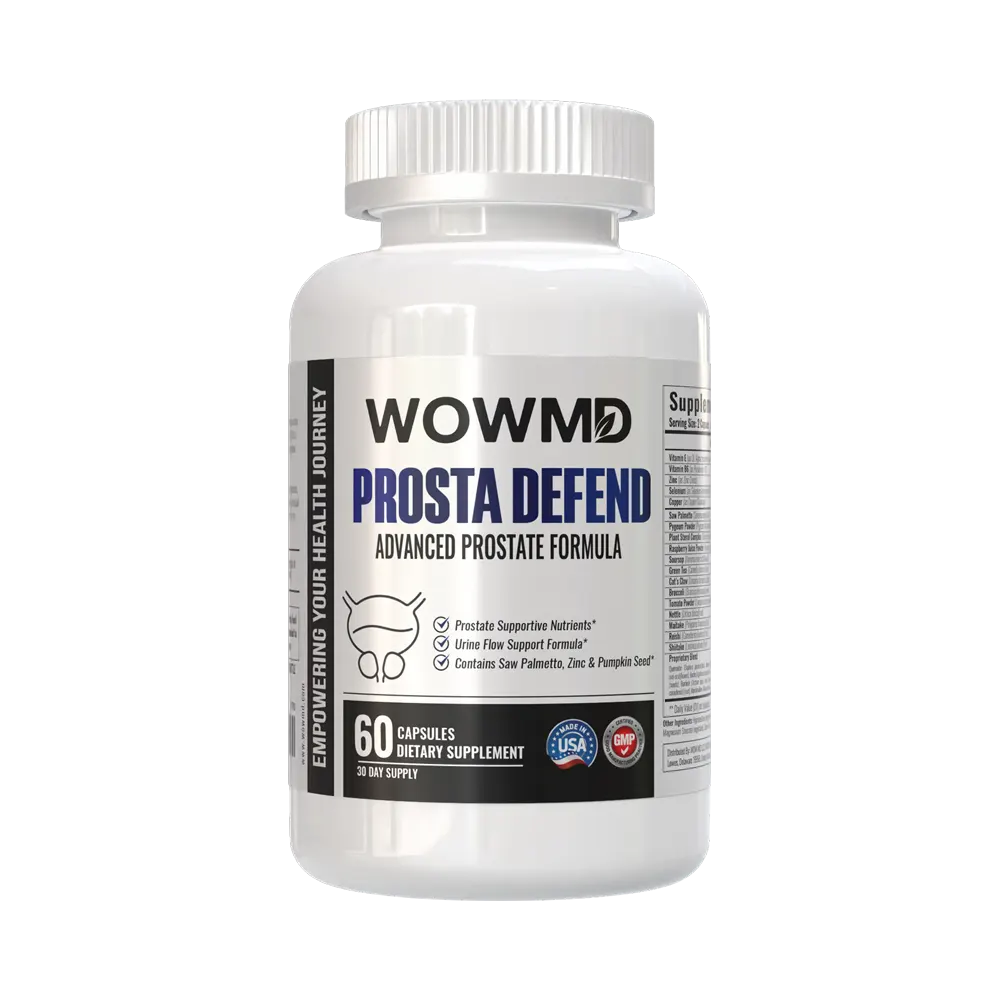
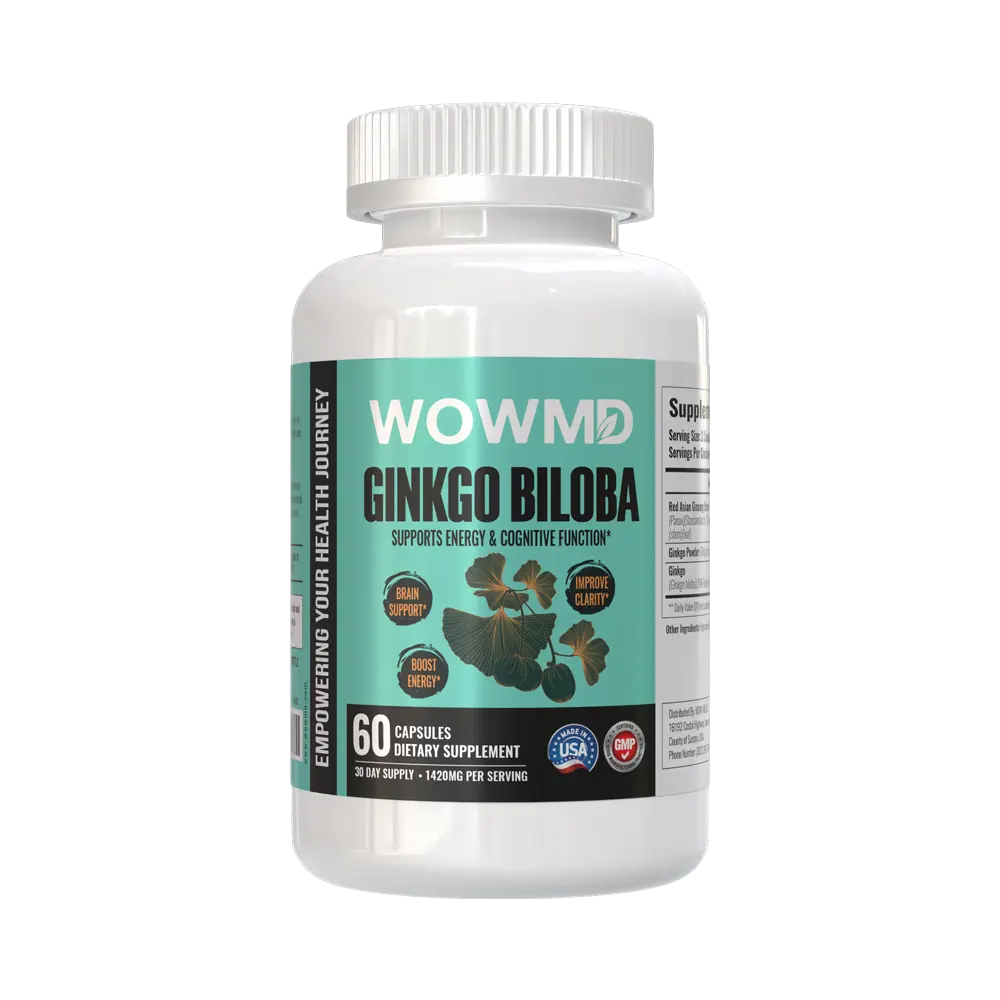



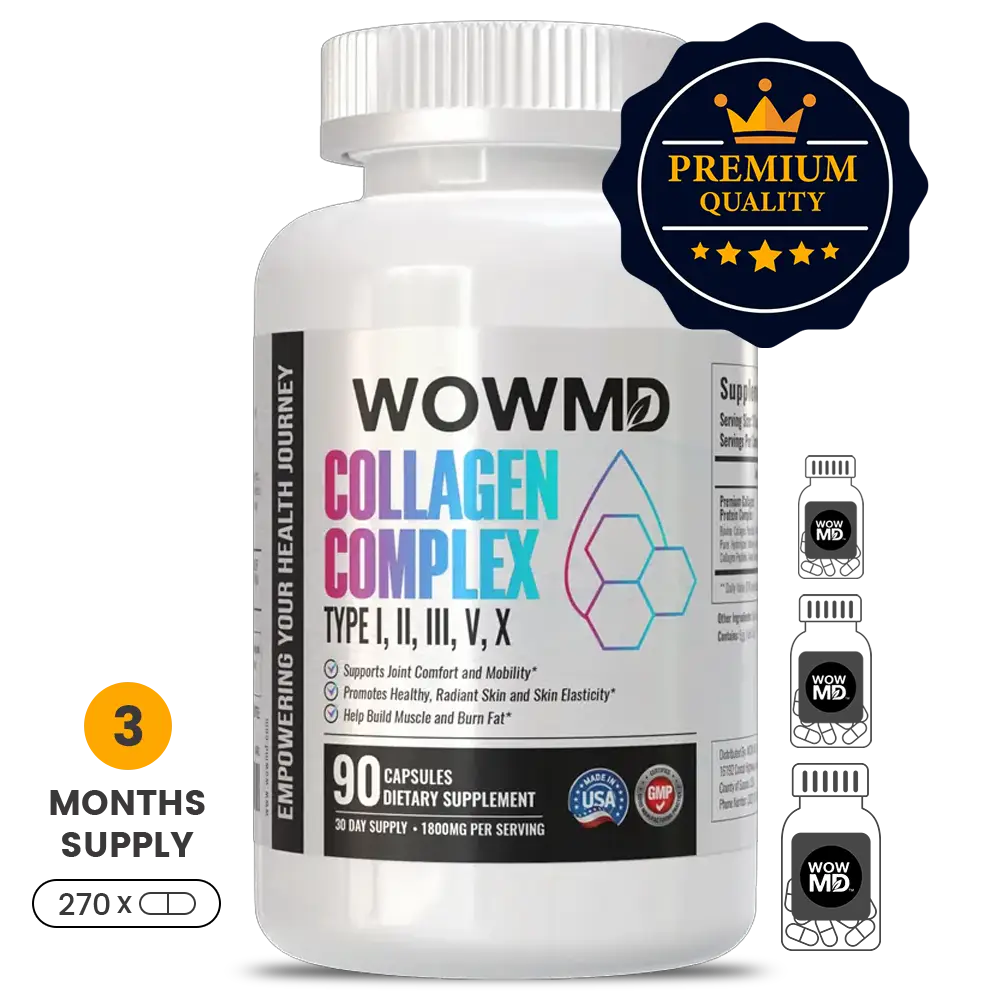

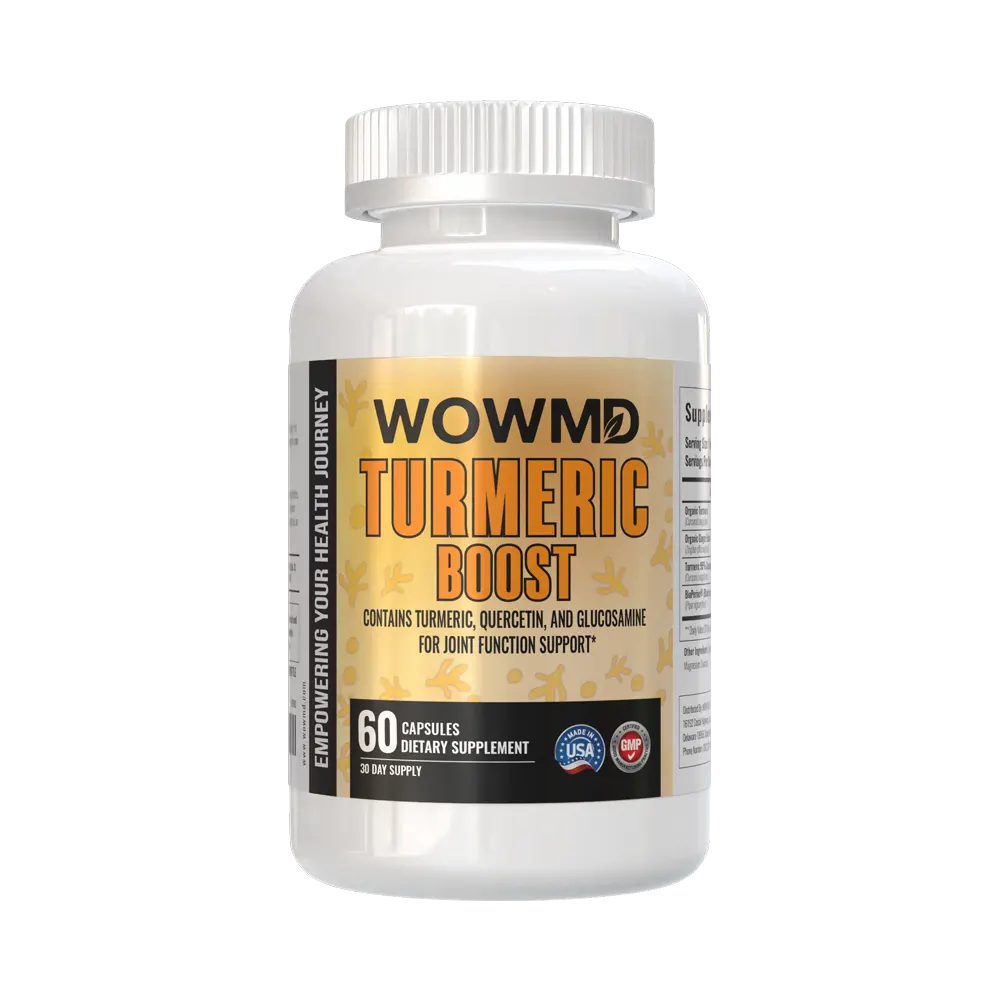









 By WOWMD Staff
By WOWMD Staff
